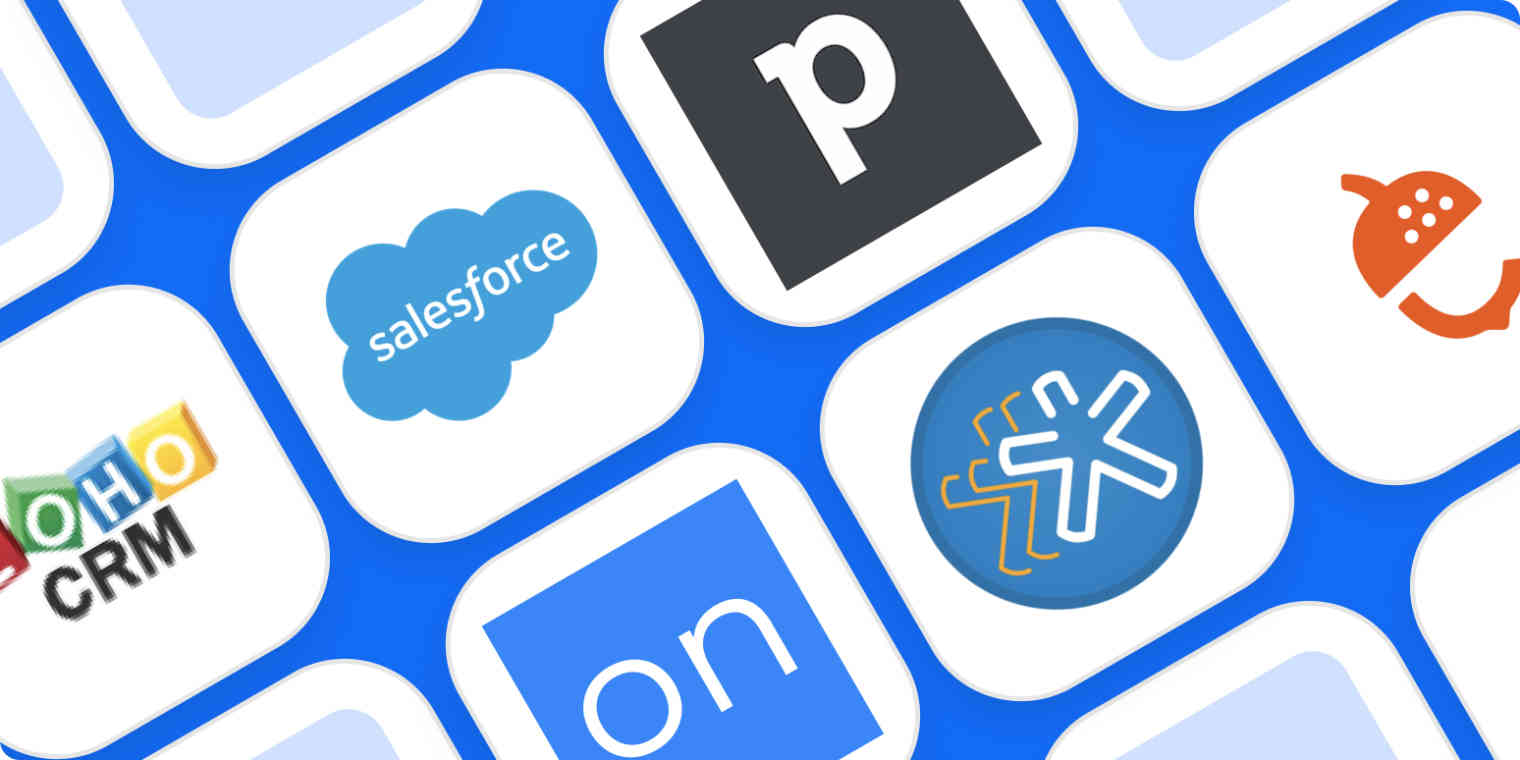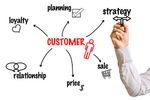So you installed the latest and greatest in Customer Relationship Management software in your company in the last 4 years (lets say). You paid a pretty penny in licenses, you paid a lot in consultancy fees and then hired a team. Did CRM live up to your expectations? Did all that "automation" pay off? Can you with honesty tell your CEO that it did directly increase revenue?
Note: This post is not designed to bash any of us budding CRM lovers but to ask our customers the right set of questions to ensure they think before they engage us or buy.
The Tech Lens
It must be remembered that when you hear about CRM you mostly hear about it with a technology lens on. Vendors want to sell licenses, consultants want to bill hours and specially skilled employees want high salaries. Ask a customer what the perfect CRM looks like and they quickly start to mention automation through a technology. But do they really know what their differentiator is from their competition on customer experience or where their clear gaps lie to become better or the best? Why get into a car if you don't know where you plan to go or how to get there?
You will be surprised how few CRM initiatives really map out an abstracted view or map of what their CRM processes would look like using a manual paper version. Automation helps reduce repetition and effort etc etc sure. But what problem are you really trying to solve? We often jump into the tech way too soon in a belief it is the blue pill to our success without much thought.
The technology first approach can be an anti pattern for success without the right analytics to back its existence.
Short Story Segway
I was once in an airport and spoke to a lady on the same flight as me. We shared what we do and both mentioned we were in CRM. I immediately was like "cool, which platform?". She said "oh we don't have a CRM system as such, I design the process mostly". That one statement stuck with me for many years. She actually spent time designing a process as opposed to rushing to buy a system and hoping for the best.
Seems like a small point, but so many of the CRM customers I have served in my almost two decades of work seemed obsessed with pushing in a technology solution without really knowing how they gained an edge from improving the overall process.
Implement a Vision Not a Tech Stack
Anyway, back to my point. Many become disappointed due to their lack of investment in designing a better process or at the least dreaming up a vision of "what amazing would indeed look like" for them. Why care about a fancy Salesforce Flow or Chatbot when you barely have a process sorted for when to engage with that customer again before they look elsewhere.
I ask many decision makers these hard questions and they are taken by surprise firstly by my bravity, and then by their inability to sometimes answer it well enough. Many are sold the dream that the technology will just make it all happen for them. Why engineer a skyscraper that will most likely remain empty? Perhaps just improve the village first.
Technology Champions
Another important thing to consider as you get sucked into your companies latest CRM initiative.
Sales and Marketing
Who is driving these magnificent CRM ambitions and why? Most of the time it comes from Sales and Marketing which is a good thing but comes with socio technical challenges sometimes. Often in the case of Salesforce in particular you find a person who has selected Salesforce in their mind and wants to drive the initiative no matter what the impact to the wider IT landscape. Do they really understand the total cost of ownership? Why would a Salesforce consulting partner tell them not to use it and walk away?
This would be the job of a trusted advisor or assurance partner to provide such truths. Let me know how I can help via LinkedIn (self promotion fully intended).
Career Driven Decisions
When it comes to these key stakeholders demanding Salesforce. Is it a platform for change for the company or a platform for change for their career ambitions either in or outside the company? Sounds controversial but I have seen many examples of this in action.
IT Management
On the flipside in the case of Microsoft Dynamics; my experience is it often comes from IT who just want to give the business a CRM and think it will do. They are happy Microsoft customers elsewhere and see it as the obvious choice. Microsoft products play well with other Microsoft products right? Where have you worked where the IT department is not in bed with Microsoft to some degree?
When the demand for a CRM is put on your desk and a program of work is initiated, the questions of "what drives people" should be forensically explored to ensure they can survive the following:
"what does good look like using only paper and our best most reliable people?".
If they don't know then they should do. Are your people really thinking about experience, touch points, campaigns etc correctly or hoping tech will just save the day?
Final Thoughts
Do not expect a CRM system to change your world overnight unless you truly invest in process analysis and continuous improvement. It is a journey which requires process design, customer experience initiatives and also a strong executive sponsor who sees your vision.
Technology spoils us to the degree we often fail to design properly. Maybe your failed CRM initiative was down to this and not the digital platform you eventually used. Design is important!



